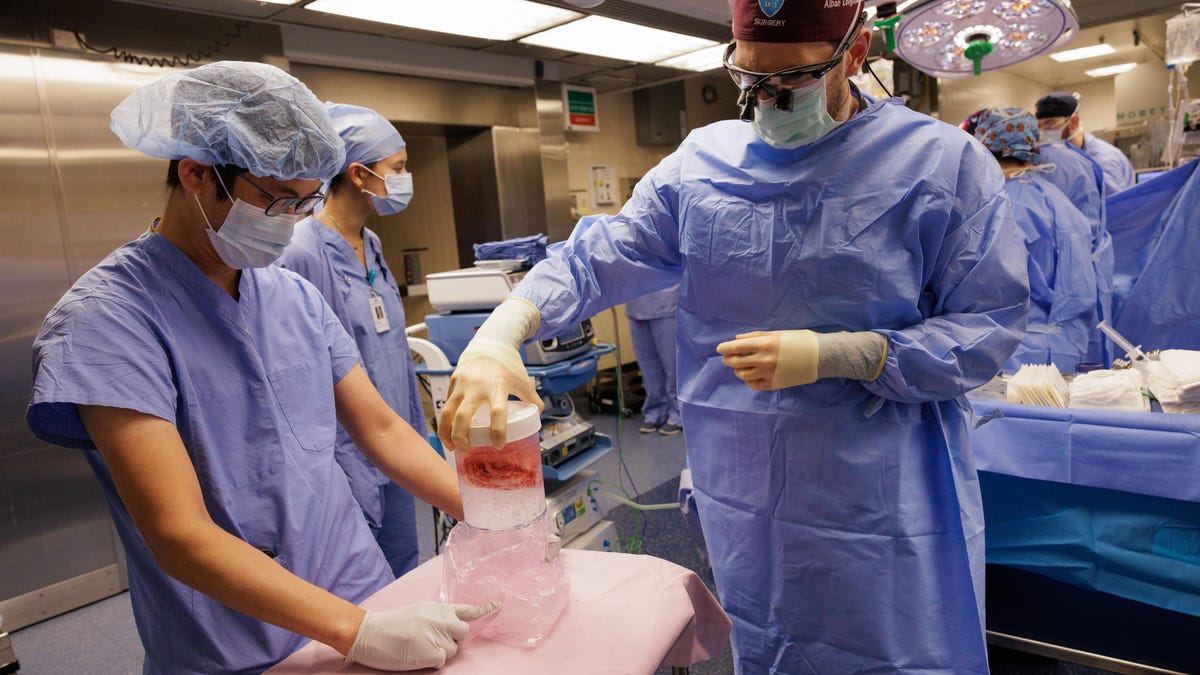Biotech Company Egenesis recently announced a pig kidney to a second human patient. Animal-human transplant organ, or xenotransplant, has made possible through genes to gene editing and cloning.
In insufficient human stones to meet demand for transplants, engines and other companies aim to help close the gap with the help of CrisPr-CAS9a gene technology 2020 Nobel Prize in Chemistry.
Xenotransplant Surgery
By editing the genome of a pig to remove targeted pork DNA pork and enter specific sequences of human DNA, Egenesis said it would reduce the risk of organ decline and cross-species infection.
“Some people have the wrong Kuru -You have to edit the adult animal. We do not. We are editing the cells, and then we can produce adult animals from the cells,” said Egenesis President and CEO Mike Curtis.
Donor animals are raised in a highly controlled environment to reduce the risk of any pathogens entering the facility.
Curtis tells me that Egenesis is planning many additional transplants this year, with the aim of ending a test of nearly 50 patients, after which the company expects to have enough data to make this type of procedure more widely available.
Xenotransplant recipient Tim Andrews was released from the hospital.
As for Xenotransplant who will receive Tim Andrews, he has had his new stone for almost two months, and the latest word from Egenesis is well.
For more of our scope in egenesis and xenotransplants, check out the video in this article.



